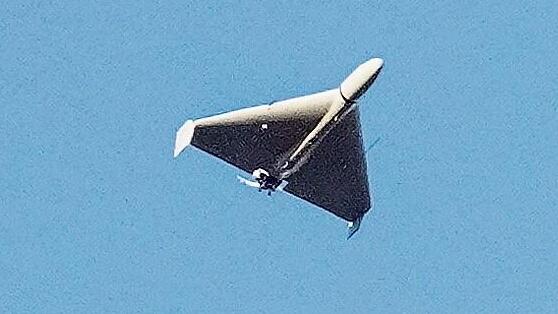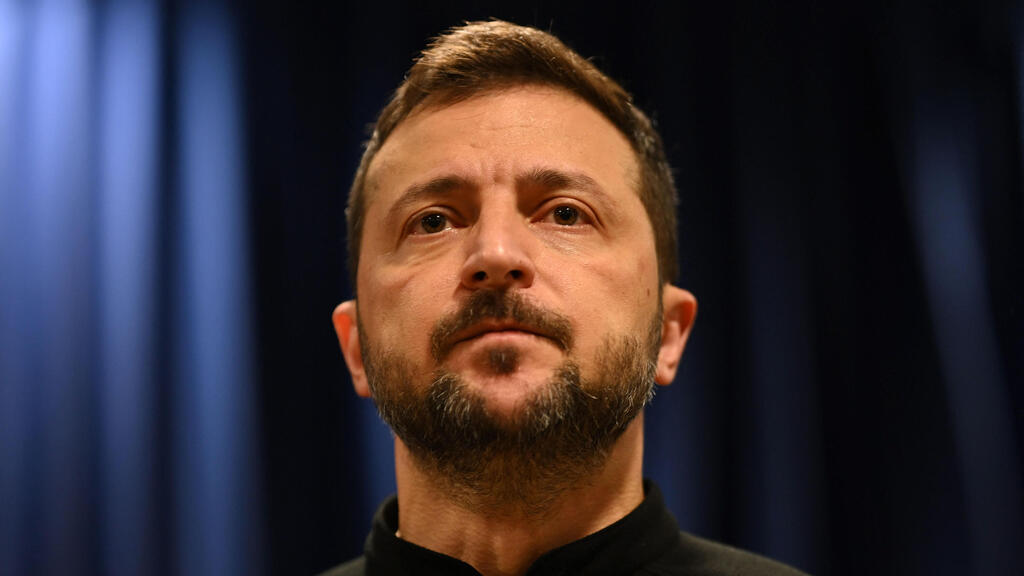Getting your Trinity Audio player ready...
The grave incident on Sunday, in which a Hezbollah-launched drone penetrated deep into Israel, striking the Golani Brigade training base and killing four soldiers, has once again highlighted the terror group's growing use of such tools and the urgent need to neutralize this escalating threat.
Last week, on Yom Kippur eve, another Hezbollah drone breached Israel's detection and interception systems, crashing into a retirement home in Herzliya, miraculously causing no injuries. The fact that two Hezbollah drones broke through Israeli Air Force defenses within three days raises serious questions and underscores the need to address the gaps that led to these incidents.
The IDF was quick to clarify that despite the severity of the incident and the casualties, overall interception rates remain high. According to IDF data, since the war began, approximately 1,200 drones have been launched toward Israel from all fronts, as part of a total of 23,000 projectiles, including rockets and missiles. Of these, 221 drones struck Israeli territory, while the rest were intercepted at a rate of about 80%.
“We have been preparing for the drone threat for over a decade, and it’s inaccurate to say we weren’t ready. We came in strong, but in defense, there's always room for improvement. We are considering every idea and suggestion," the army emphasized.
If the IDF and Israeli Air Force are genuinely open to exploring all solutions, they could benefit from learning from Ukraine’s extensive operational experience, as it has faced a massive drone threat over the past two and a half years from Iranian-made Russian drones.
Recently, the Ukrainian Air Force released interception data from Russian drone attacks in September. For the first time since Russia invaded Ukraine in February 2022, Russian drones were launched every single day—an average of 44 per day—totaling 1,331 drones, of which 1,107 were intercepted, an impressive rate of 83%.
Over time, Ukraine has adapted its response to the drone threat, consistently achieving high interception rates. This is a highly dynamic battlefield, with each side learning and adapting, only for the other to respond in turn. Ukraine has become more adept at countering drone threats, even when facing complex, combined attacks involving drones, ballistic missiles and cruise missiles.
This has placed significant strain on various interception systems, making it difficult to neutralize all threats. While Israel is a technological powerhouse, it could benefit from Ukraine’s experience in increasing success rates against drone threats. Ukraine, for its part, has expressed interest in collaborating with Israel and offering assistance in exchange for Israeli support.
Of course, there are differences between the two battlefields—Ukraine's massive territory allows its forces time to prepare and deploy mobile interception units at strategic points, given the extended flight time of drones launched from Russia. Ukraine has also learned to effectively use electronic warfare and frequency jamming, successfully downing many Russian drones.
Despite these differences, it is important to remember that Israel and Ukraine face a common enemy. The battlefield in Ukraine has served as a testing ground for Iran and its Revolutionary Guards Corps over the past two years, with Iranian instructors overseeing, training and instructing Russian forces on drone deployment. It is highly likely that Hezbollah is now applying lessons learned from Iran’s involvement in Ukraine to its war against Israel.
Documentation from Kiev: the Russian attack was intercepted, the remains fell on a busy road
Given the strategic partnership between Russia and Iran, which includes close cooperation in sensitive areas like nuclear development and arms supply, Israel should seriously consider strengthening military and security ties with Ukraine.
Both nations could assist each other in addressing the shared threats they face. Ukrainian officials, including President Volodymyr Zelensky, have emphasized this point in the months following the October 7 attack, and recent developments further support their arguments. The question remains whether Israel’s current government views the situation similarly and is willing to take significant steps in this regard.
Get the Ynetnews app on your smartphone:







